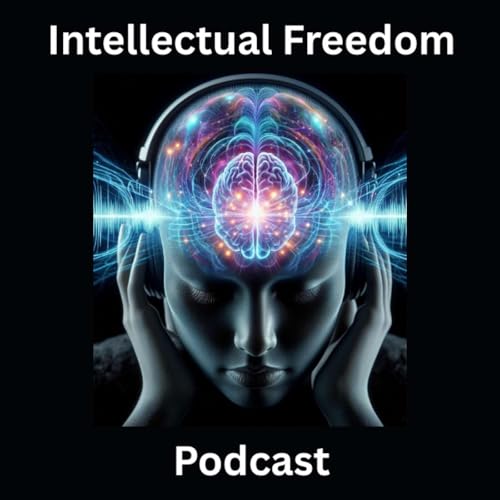Is the American political system broken, or is it working perfectly? We’re told that if we just vote hard enough, find the right "team," or scream loud enough into the digital void, the ship will right itself. But look at the bridge. Look at the candidates. Does that look like a ship being steered by wisdom, or a meat grinder designed to chew up integrity and spit out talking points?
In this episode, Dr. David Hopkins explores the uncomfortable reality of the American political duopoly—what he calls the "Velvet Cage." From the wisdom of Terrance McKenna to the architectural warnings of Karl Marx and Foucault, he dismantles the illusion of choice and asks the only question that matters: Does this system make you freer, or less?
🔑 Key Takeaways
- The Vetting Meat Grinder: Why the smartest, most principled people aren't "missing"—they’ve simply done the math and opted out of a system that treats honesty as a weakness.
- The Medusa Protocol: How to stop looking directly at the "outrage porn" of national politics and start using a mirrored shield to see the world as it actually is.
- The Internal Revolution: Why the path to freedom isn't found at the ballot box, but through reclaiming your own sovereignty, tending your own garden, and mastering the "will to self-creation."
We’ve all felt it—that low-frequency hum of anxiety as we watch another "presidential debate" that feels more like a professional wrestling match than a deliberation of the state. Dr. Hopkins opens this episode with a "banger" from Terrance McKenna, challenging the idea that we simply "allow" fools to lead us. The truth is darker: the system is a mandatory obedience structure designed to repel anyone with a soul.
We dive deep into the "Superstructure" of American power, where 90% incumbency and managed elections have turned democracy into a renewal form. We look at the "Fourth Estate" (media) and realize it’s no longer truth-seeking—it’s engagement-seeking, fueled by your outrage and your clicks.
But we don't stay in the dark.
The episode pivots from the "Teaming Pile of Crap" to an ancient, battle-tested blueprint for survival. Drawing on Stoicism, Lao Tzu, and the "Medusa Protocol," David lays out a clear, tactical path for the individual. You cannot fix a metastasized system, but you can reclaim your mind. You can invest locally. You can support the "green shoots" of independence. This is a call to retreat, rebuild, and realize that your intellectual freedom is the one thing they can’t take—unless you give it away.
The system thrives on your distraction. Stop feeding the machine. If you’re ready to build a stronger inner life and stop being a pawn in the duopoly's game, subscribe to the Intellectual Freedom Podcast for weekly "resistance training."
Join the Intellectual Freedom Community Get the visual aids, full essays, and join the debate for every episode: 👉 https://intellectualfreedom.substack.com/
 51 mins
51 mins 36 mins
36 mins 1 hr
1 hr Jan 20 202634 mins
Jan 20 202634 mins Jan 13 202633 mins
Jan 13 202633 mins 23 mins
23 mins 20 mins
20 mins Nov 17 202520 mins
Nov 17 202520 mins
